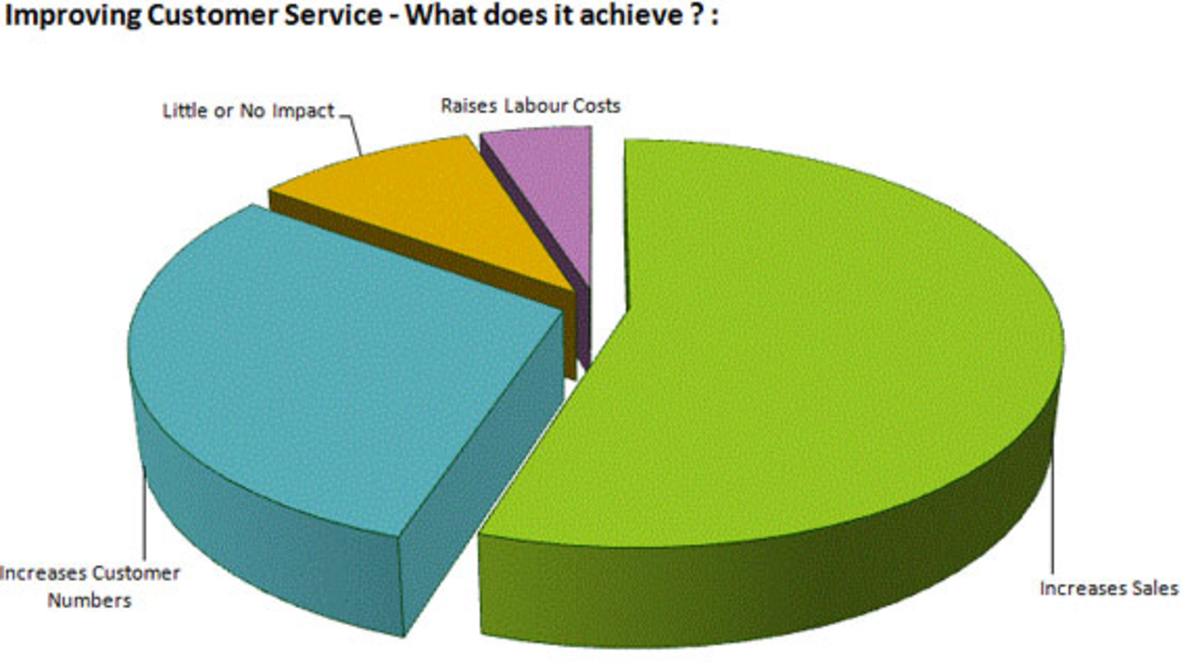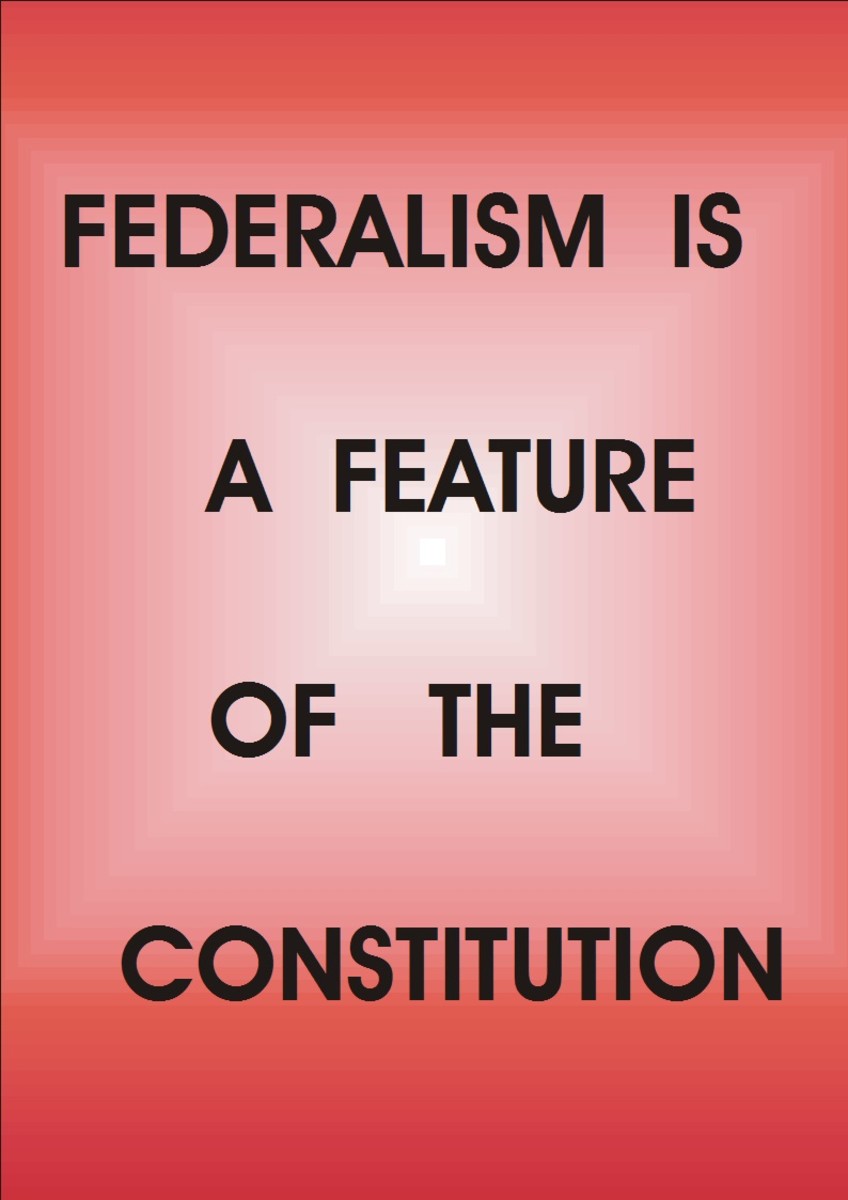The need for all government entities to understand the costs of the regulations they issue
Government departments and agencies have issued hundreds or thousands of regulations over the years and they have been on the increase in the last few years. This not only exists at the federal level but at the state level. Creating regulations and/or rules impact the private sector of our economy but they also impact the agencies that create them. It takes time to generate regulations but before they are created the laws to which a department/agency has responsibility must be read and totally understood. While there are hundreds if not thousands of regulations in existence the quantity does not necessarily mean they are not needed. The responsibilities of government according to the Constitution and the Constitution of each of the states require rules and regulations to be created and enforced.
In terms of understanding the costs of regulations/rules at the federal level it is unclear whether the costs associated with each one created is known by the entity creating them. This does not mean they do not know only that it is unclear if this aspect is part of the process, if not it should be. It is a known fact that the costs of government at any level can be seen in the regulations/rules created through the impact felt on individuals and the private sector to ensure compliance. Regulations are an entity that is never going to go away as far as government operations go but the quantity needs to be pulled back where it is appropriate.
Each legislative act which becomes law is followed by agency or department regulations to identify their responsibilities and communicate to the private sector the necessary actions required for compliance. In large companies in many cases it takes dedicated individuals and sometimes whole departments to ensure the actions or operations do not violate the laws by the applicable government entity. This can be and usually is for some a daunting task and cost businesses at their bottom line.
Keeping the costs down or at least being aware of the costs incurred with regulations generated at the federal level will have increased control if one specific legislative proposal becomes law. The details in H.R.2122 (The Regulatory Accountability Act of 2013) are a step in the right direction to know the costs of regulations being implemented. Though it is understandable that there are costs levels which must be identified and reported for each regulation or rule created.
The regulatory Accountability Act (H.R.2122) is one that has been needed for a long time. The intention of this proposed act is to reform the process by which Federal agencies analyze and formulate new regulations and guidance documents. The current process is one which is confusing to most Americans with regards to the number and complexity being generated, sometimes on a daily basis. The act gets into the costs incurred in enacting new regulations which include not only the costs of monitoring but the costs to the economy. Improvement to the process for regulations and guidance documents process is something which been needed in the political process.
While this proposal and the content within it may be revised the principle upon which it is based is a sound one. Government processes or any process from time to time need to be reviewed and/or revised to make processes more efficient and to clarify or validate the need for them.
Changes and additions to the definitions portions of the United States Code are part of what this act is proposing. In reviewing this proposed legislation some of the requirements stood out in terms of identifying costs of regulations. The scope of this legislation while it is enormous it is appropriate considering the purpose it is trying to accomplish. One problem I find with this legislation is the words used in relation to the changes it is proposing. It uses the words likely may and should have used the word shall. The cost of regulations at all government levels should be monitored and evaluated whether the costs incurred justifies the changes.
There is no doubt that regulations are a burden on the economy associated with the requirements they impose. Granted regulations are the result of legislation passed by a legislative body or they should be. Interpreting legislative actions signed into law is a problem we have today. Legislation should be clear in identifying the requirements being addressed without limiting the methods to monitor and enforce the requirements.
Some of the cost figures identified in the Regulatory Accountability Act of 2013 include such requirements as costing the economy $100,000,000 which is adjusted annually for inflation. Another aspect involves a high-impact rule which costs the economy $1,000,000,000. Other conditions are identified below:
SEC. 2. DEFINITIONS.
Section 551 of title 5, United States Code, is amended--
(3) by adding at the end the following:
‘(15) ‘major rule’ means any rule that the Administrator of the Office of Information and Regulatory Affairs determines is likely to impose--
‘(A) an annual cost on the economy of $100,000,000 or more, adjusted annually for inflation;
‘(B) a major increase in costs or prices for consumers, individual industries, Federal, State, local, or tribal government agencies, or geographic regions;
‘(C) significant adverse effects on competition, employment, investment, productivity, innovation, or on the ability of United States-based enterprises to compete with foreign-based enterprises in domestic and export markets; or
‘(D) significant impacts on multiple sectors of the economy;
‘(16) ‘high-impact rule’ means any rule that the Administrator of the Office of Information and Regulatory Affairs determines is likely to impose an annual cost on the economy of $1,000,000,000 or more, adjusted annually for inflation;
Other requirements are identified within this legislation which are too numerous to provide in this hub and include such areas as rule making. The process involving a requirement to identify the costs associated with the costs of regulations or rule making must be one which is reliable to ensure accuracy. Data collection in this environment must ensure that all the applicable areas impacted by the regulation or rule making are included in the cost figure, not omitted or ignored as not applicable. The one thing about data collection is that data collected or not collected can provide any result an organization or individual wants to realize and it is important the individuals and the process have integrity. It is unknown what the final content of this legislation while have if or when it is passed by Congress as with any proposed legislation. It is hoped that specific requirements regarding costs information will not be an option but a requirement. The process of regulations and rule making by any government entity should have integrity along with the individuals who are assigned to provide this information.







![Obama's General Motors [GM] Tarp Bailout - The Untold Details Obama's General Motors [GM] Tarp Bailout - The Untold Details](https://images.saymedia-content.com/.image/t_share/MTc0MTU0NDA1OTcxNzY1MTE2/obama-general-motors-gm-tarp-bailout-untold-details.jpg)
